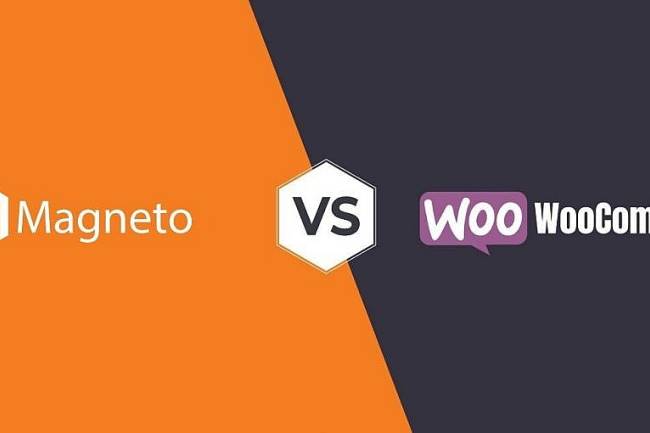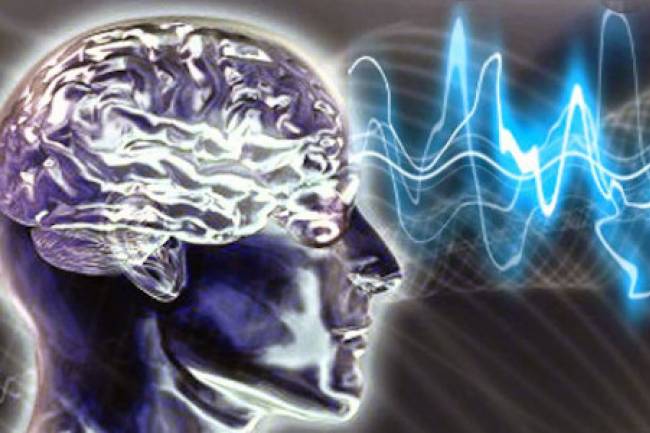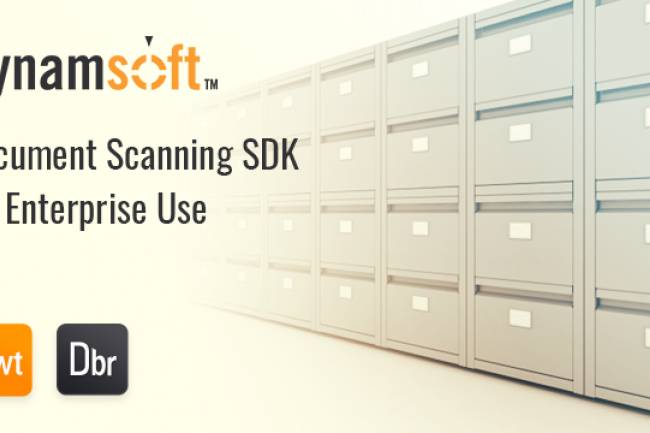How Can Artificial Intelligence Help Home Security Systems?
The home security market was valued at nearly $61.2 billion in 2022 and is expected to reach above $112.2 billion by 2030. From 2024 to 2030, the projected compound annual growth rate (CAGR) will be 7.9%.
Modern home security systems can have alarms, cameras, dogs, guards, and even secret passageways. But what do all of these things have in common? Human error. Thanks to AI technology, we are changing how home security is made.
Although there are worries over privacy, personal data collection, and racial sensitivity and bias, experts believe AI can transcend these issues and detect activity faster than human-operated systems. With a flood of home security system packages now sporting AI, the evolution of home security is well underway.
How Does AI in Home Security Work?
AI-driven home security systems work by leveraging advanced algorithms and machine learning to identify unusual activities or potential threats, with way less chance for human error. Below are just some of the many possibilities unlocked with home security system packages.
Deep Learning Algorithms
Deep Learning Algorithms are a subset of machine learning, designed to mimic the neural circuitry of the human brain to interpret data like images and speech. With home security systems, these algorithms continuously learn from the data they process, developing a more accurate understanding of the environment over time.
For example, they can distinguish between the movement patterns of pets and potential intruders, lowering the number of false alarms. They can also recognize patterns a human might miss, like repeated loitering activity around your home on specific days or times, maybe indicating a planned burglary.
IoT Integration
With the integration of the Internet of Things (IoT), AI security systems can interact with various smart devices in your home. If a potential threat is detected, the system could instantaneously lock all smart doors in the house. Similarly, smart lighting could be programmed to switch on during an intrusion, scaring off any would-be burglars.
More than just reactive, IoT integration also allows for proactive security measures, like mimicking occupancy through smart lighting and window blinds when the house is unoccupied for extended periods.
Cloud-Based Data Storage
Cloud-based data storage takes home security a notch higher by ensuring all video footage and alerts are stored securely on remote servers. This means less of a chance of physical damage or theft typically associated with traditional, locally stored data. Not only that, but cloud storage is scalable, allowing homeowners to expand storage capacity based on their needs without investing in additional hardware.
AI Cloud storage is even encrypted during data transfer and storage to keep your data safe from unauthorized access. Due to its internet-based nature, homeowners can access their security footage and alerts remotely anywhere, on any device.
Predictive Analytics
AI predictive analytics analyzes historical data and identifies patterns to predict future events. It can track patterns like unusual activity around the house at specific times or days or predict when the house is unoccupied based on your daily routines and behaviors and adapt to them.
Predictive analytics can be paired with AI algorithms and technologies for full surveillance. For example, if a suspicious car repeatedly appears in front of your house, the AI will analyze the license plate, model, and other features. It then cross-references the vehicle's information with local crime databases, helping to predict and prevent possible threats.
Facial and Voice Recognition
These systems use machine learning algorithms to recognize the faces and voices of residents and frequent visitors. This way, they can instantly alert homeowners about unrecognized individuals or suspicious activities.
With voice recognition as part of this dual system, homeowners can voice commands to arm or disarm their security system, control smart lighting, or even lock the doors.
Smart Security Cameras and AI CCTV
AI cameras extend beyond traditional video surveillance with advanced image and pattern recognition algorithms. They can accurately identify specific events, people, animals, or objects in no time at all.
For example, smart security cameras can detect and alert homeowners about package deliveries or intruders while ignoring non-threatening movements like flying birds or swaying trees. AI CCTVs, on the other hand, can analyze a huge volume of video data in real-time and identify unusual behavior or activities that might indicate a potential threat.
With features like facial recognition, number plate recognition, and even the ability to analyze behavior patterns, these AI-driven cameras have set a new standard for sophisticated surveillance.
What Else Can I Do with My AI Home Security System?
-
24/7 Monitoring: With AI, your home security system never sleeps. It continuously monitors the environment for any unusual activity, providing round-the-clock security.
-
Energy Efficiency: Go green with smart thermostats, which learn from your habits and adjust settings accordingly, saving energy.
-
Insurance benefits: Some insurance companies offer discounts to homeowners who have installed an advanced home security system, helping save on insurance premiums.
-
Cost-Effective: While there may be a higher upfront cost for an AI-based security system, in the long run, they can be valuable long-term investments with reliability, accuracy, and potential savings on insurance premiums.
Customizability: You can tailor the system to suit your needs, choosing which alerts you want to receive or even programming the system to perform certain actions in response to specific events.
The future of home security systems is here, and AI runs it. For more information on AI security features, installation, operation, or maintenance, find a reputable security provider in your area.












